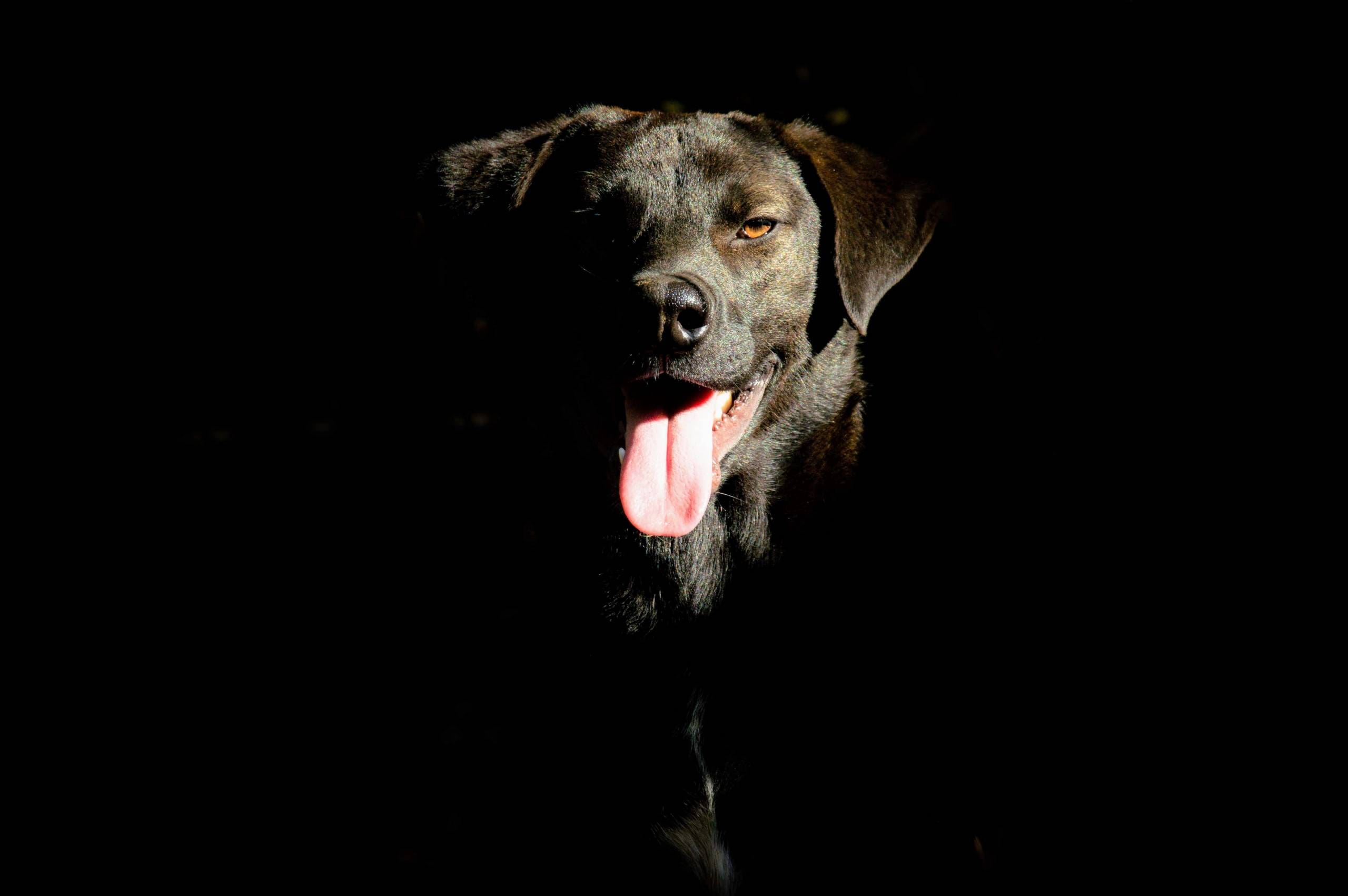Watching a puppy take its first steps is a heartwarming experience. These little bundles of energy bring immense joy, and witnessing them venture into the world on their tiny legs is a moment many pet owners cherish. Knowing when puppies start walking helps prepare for their developmental milestones, ensuring they are safe and comfortable during this exciting phase.
Early Steps
Most puppies begin to take their first wobbly steps around three to four weeks of age. At this stage, they are still heavily reliant on their mother and littermates for support. While they may manage to stand and shuffle around, their movements are often unsteady. This is completely normal, and it’s important to remember that, just like human babies, puppies develop at their own pace. Some may start walking a little earlier, while others might take a bit longer.
Increased Mobility
Around four weeks, a significant change in a puppy’s mobility occurs. They start to explore their environment more actively, often using their mother as a reference point. This is when you will notice them trying to interact with their siblings, initiating play, and engaging in some light wrestling. These activities are crucial for social development and help them learn important skills such as bite inhibition and body awareness.
As their muscles strengthen, puppies become more coordinated. By six weeks, most puppies confidently walk and even run. They begin to play with toys, showcasing their newfound skills. This period is marked by rapid growth and exploration, making it essential to provide a safe space for them to roam.
The Importance of Exploration
The early weeks of a puppy’s life are vital for both physical and mental development. Their senses sharpen, and they become increasingly aware of their surroundings. As they explore, they may stumble and fall, but this is all part of the learning process. Creating a safe area for exploration, free from hazards, is crucial.
Puppies are naturally curious creatures, and their desire to explore can lead them to interesting places. Ensuring that their play area is secure and free from potential dangers is essential. Small objects, toxic plants, and other hazards should be kept out of reach. As they start to walk, they will also begin to chew more, so providing appropriate chew toys is important.
Socialization and Training
Around eight weeks, puppies are typically taken from their mother and littermates to their new homes. This transition can be overwhelming but offers an excellent opportunity for socialization. Exposing them to various environments, sounds, and people helps them adapt and grow into confident adults. Continuing to encourage their walking and exploring during this time is vital.
Basic commands and training can also be incorporated now. Simple commands like sit, stay, and come can be taught using positive reinforcement techniques. Puppies are eager to please, and engaging in training sessions strengthens the bond between pet and owner while providing mental stimulation. Training also enhances their walking experience as they learn to focus and follow cues.
Developmental Progression
As they reach the three-month mark, puppies become more stable on their feet and ready for longer walks. By this age, they often have a good grasp of their surroundings and can navigate the world with more confidence. While they are full of energy, it’s crucial to avoid overly strenuous exercise, as their joints and bones are still developing. Short walks are beneficial, but keeping them at a comfortable length prevents overexertion.
Socialization remains key at this stage. Introducing puppies to other dogs, different environments, and a variety of people helps them become well-adjusted adults. Puppy classes offer structured learning and a chance for puppies to play with one another, enhancing their confidence and social skills.
Growing Independence
Around four months, puppies typically exhibit a lot of energy and an eagerness to explore even more. At this stage, they are usually more adept at walking, running, and playing. Monitoring their activity levels is still essential, as avoiding long, rigorous walks protects their developing joints. Engaging them in fun activities that allow for safe exploration, such as supervised backyard play or short trips to the park, is ideal.
As they approach six months, their coordination improves significantly. They will walk, run, and navigate obstacles with greater ease. Watching them gain confidence and develop their personalities is a joy. Preferences for certain toys or activities may emerge, providing an opportunity to nurture their interests.
Transition to Adulthood
By the time a puppy reaches one year, they should be fully capable of walking, running, and playing like an adult dog. Their growth plates will have closed, and they will have acquired the strength and coordination needed for more extensive activities. Regular exercise and mental stimulation become vital for adult dogs, so establishing an engaging routine is essential.
Throughout this journey, remember that every dog is unique. Some may be cautious, while others are bold adventurers. Patience is key as they navigate this crucial developmental stage, and providing the support they need is important. Celebrating their achievements, no matter how small, adds to the joy of being a puppy parent.
In addition to physical development, emotional well-being is also crucial. Puppies are sensitive creatures and can easily become overwhelmed. A calm environment and plenty of positive reinforcement foster growth into confident, happy adults. Bonding through play, training, and gentle encouragement establishes a strong foundation for a lasting relationship.
The journey of a puppy from those first few steps to becoming a full-fledged member of your family is filled with milestones worth celebrating. Each stage comes with its challenges and joys, and while the question of when puppies start walking may be simple, it’s part of a much larger narrative. Embrace this time, and enjoy the adventure of watching your puppy grow.



